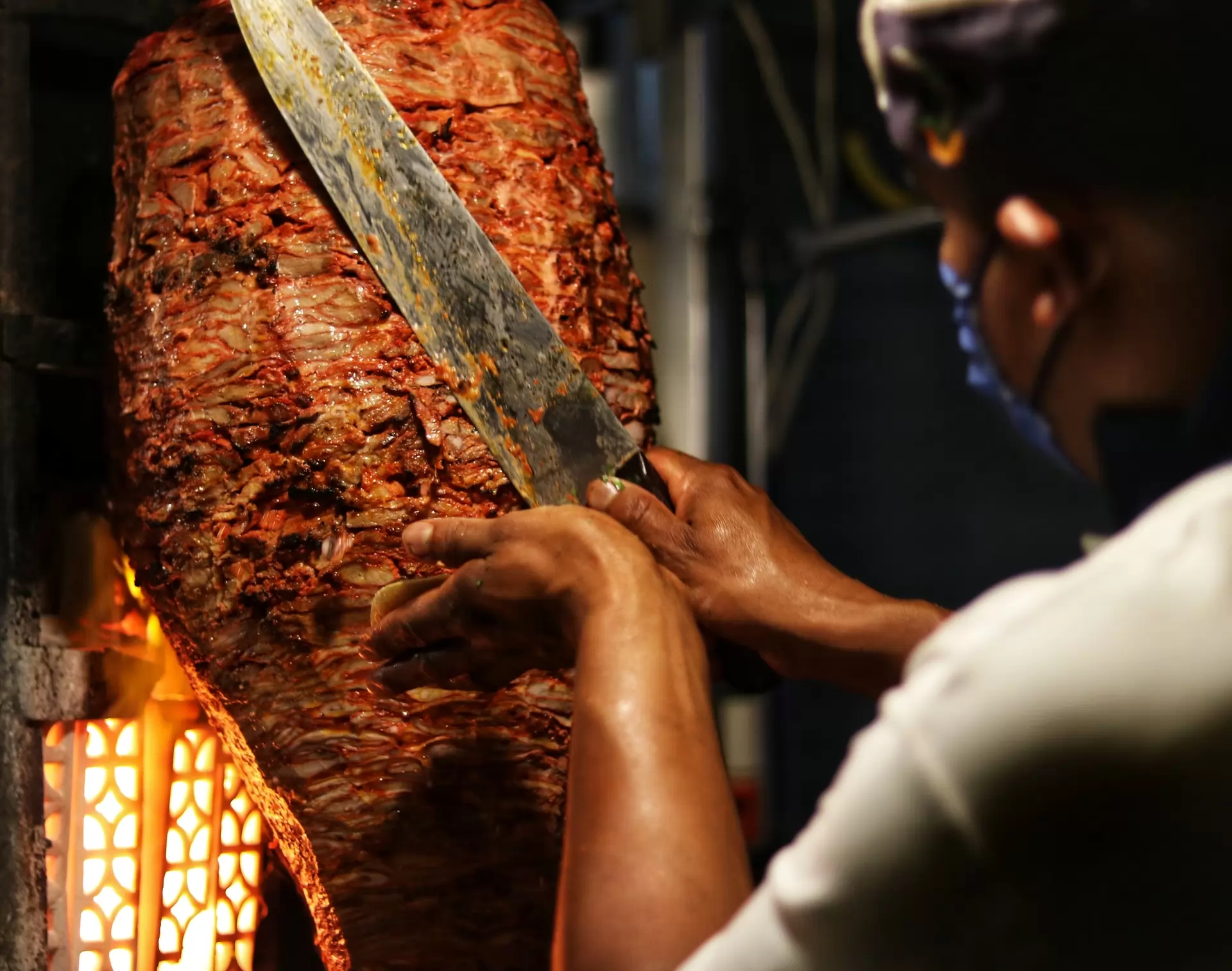Detailed content of our market study
 Inforamtion
Inforamtion
- Number of pages : 35 pages
- Format : Digital and PDF versions
- Last update :
 Summary and extracts
Summary and extracts
1 Market Overview
1.1 Definition and presentation
The word "Halal" refers to everything that is permitted in terms of behavior, language, clothing and food in Islamic culture, with a focus on meat from animals slaughtered according to different principles; meat must adhere to much harsher and stricter regulations, according to the basic principles of Islamic law. Beginning with how the meat is slaughtered, there are a number of principles to be followed. In this regard, meat must be prepared according to specific rules, such as ensuring the welfare of the animal until its sacrifice, killing animals while they are still alive, and minimizing unnecessary pain... It all revolves around respect and animal welfare; it is also what gives the Islamic faith its greatest credence, as it is based on genuine regard for the animal and its dignity until death. Pork is abolished.
There are about 2.5 million Muslim consumers in the Italian Halal sector; by 2026, there will be 230 million Muslim visitors worldwide, and Italy, as one of the most popular tourist destinations, would certainly be impacted. The possibilities for development are intriguing and allow us to look forward to the expansion of the Italian industrial fabric and the various potentials for entering new foreign markets. Indeed, exports to the Islamic world are growing in importance, and halal certification, when combined with the Made in Italy label, is a good qualification for addressing emerging markets, giving a boost to Italy's internationalization efforts. In Italy, many meat companies are Halal certified. Meat is often sold in specialized butcher shops and is also beginning to be found on the shelves of popular supermarkets.
it is important to note that halal food goods in general, include confectionery, canned and frozen foods, dairy products, organically labeled products, and prepared and take-out foods, as a result of changing lifestyles of young Muslims. New technologies, both production and traceability, have also made it feasible to produce halal goods in foods, medicines and cosmetics that were previously impossible due to residual alcohol or pork gelatin.
All our studies are available online in PDF format
Take a look at an example of our research on another market!
 Choosing this study means :
Choosing this study means :
Access to more than 35 hours of work
Our studies are the result of over 35 hours of research and analysis. Using our studies allows you to devote more time and added value to your projects.
Benefit from 6 years' experience and over 1,500 industry reports already produced
Our expertise enables us to produce comprehensive studies in all sectors, including niche and emerging markets.
Our know-how and methodology enable us to produce reports that offer unique value for money.
Access to several thousand articles and paid-for data
Businesscoot has access to all the paid economic press as well as exclusive databases to carry out its market research (over 30,000 articles and private sources).
To enhance our research, our analysts also use web indicators (semrush, trends, etc.) to identify market trends and company strategies. (Consult our paying sources)
Guaranteed support after your purchase
A team dedicated to after-sales service, to guarantee you a high level of satisfaction. +44 238 097 0676
A digital format designed for our users
Not only do you have access to a PDF, but also to a digital version designed for our customers. This version gives you access to sources, data in Excel format and graphics. The content of the study can therefore be easily retrieved and adapted for your specific needs.
 Our offers :
Our offers :
the halal meat market | Italy
- What are the figures on the size and growth of the market?
- What is driving the growth of the market and its evolution?
- What is the positioning of companies in the value chain?
- Data from several dozen databases
5 reports pack (-15%) IT Italy
- 5 reports at €75.6 excluding VAT per study to choose from our Italian catalogue for 12 months
- Save 15% on additional studies purchased
- Choose to be refunded any unused credit at the end of the 12-month period (duration of the pack)
See the terms and conditions of the pack and the refund of unused credit.















